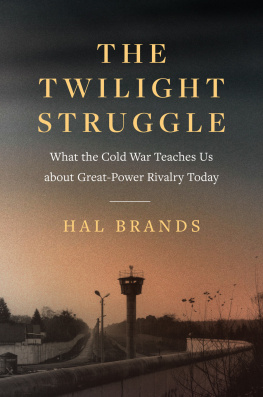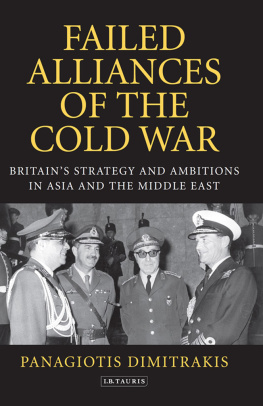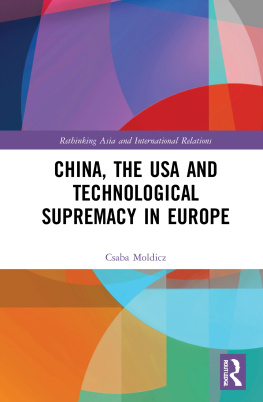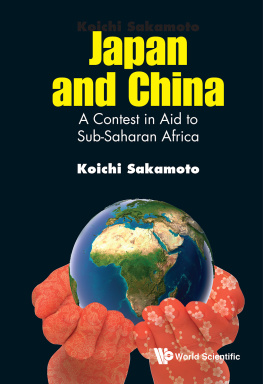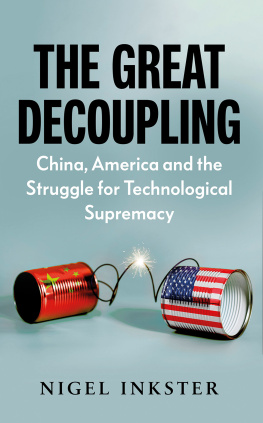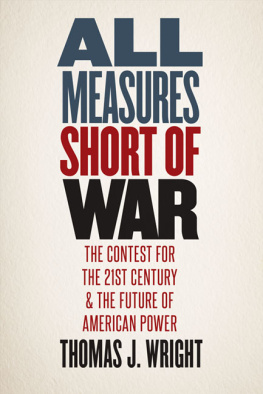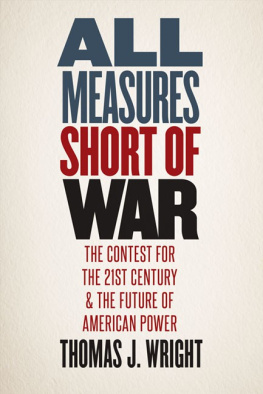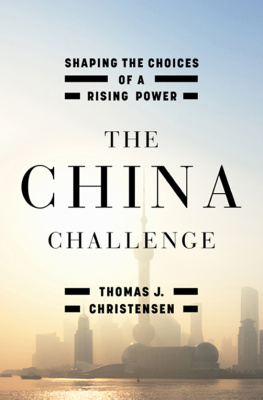Noah Feldman - Cool War: The Future of Global Competition
Here you can read online Noah Feldman - Cool War: The Future of Global Competition full text of the book (entire story) in english for free. Download pdf and epub, get meaning, cover and reviews about this ebook. year: 2013, publisher: Random House, genre: Politics. Description of the work, (preface) as well as reviews are available. Best literature library LitArk.com created for fans of good reading and offers a wide selection of genres:
Romance novel
Science fiction
Adventure
Detective
Science
History
Home and family
Prose
Art
Politics
Computer
Non-fiction
Religion
Business
Children
Humor
Choose a favorite category and find really read worthwhile books. Enjoy immersion in the world of imagination, feel the emotions of the characters or learn something new for yourself, make an fascinating discovery.

- Book:Cool War: The Future of Global Competition
- Author:
- Publisher:Random House
- Genre:
- Year:2013
- Rating:3 / 5
- Favourites:Add to favourites
- Your mark:
Cool War: The Future of Global Competition: summary, description and annotation
We offer to read an annotation, description, summary or preface (depends on what the author of the book "Cool War: The Future of Global Competition" wrote himself). If you haven't found the necessary information about the book — write in the comments, we will try to find it.
The Cold War seemingly ended in a decisive victory for the West. But now, Noah Feldman argues, we are entering an era of renewed global struggle: the era of Cool War. Just as the Cold War matched the planets reigning superpowers in a contest for geopolitical supremacy, so this new age will pit the United States against a rising China in a contest for dominance, alliances, and resources. Already visible in Asia, the conflict will extend to the Middle East (U.S.-backed Israel versus Chinese-backed Iran), Africa, and beyond.
Yet this Cool War differs fundamentally from the zero-sum showdowns of the past: The worlds major power and its leading challenger are economically interdependent to an unprecedented degree. Exports to the U.S. account for nearly a quarter of Chinese trade, while the Chinese government holds 8 percent of Americas outstanding debt. This positive-sum interdependence has profound implications for nations, corporations, and international institutions. It makes what looked to be a classic contest between two great powers into something much more complex, contradictory, and badly in need of the shrewd and carefully reasoned analysis that Feldman provides.
To understand the looming competition with China, we must understand the incentives that drive Chinese policy. Feldman offers an arresting take on that countrys secretive hierarchy, proposing that the hereditary princelings who reap the benefits of the complicated Chinese political system are actually in partnership with the meritocrats who keep the system full of fresh talent and the reformers who are trying to root out corruption and foster government accountability. He provides a clear-eyed analysis of the years ahead, showing how Chinas rise presents opportunities as well as risks. Robust competition could make the U.S. leaner, smarter, and more pragmatic, and could drive China to greater respect for human rights. Alternatively, disputes over trade, territory, or human rights could jeopardize the global economic equilibriumor provoke a catastrophic hot war that neither country wants.
The U.S. and China may be divided by political culture and belief, but they are also bound together by mutual self-interest. Cool War makes the case for competitive cooperation as the only way forward that can preserve the peace and make winners out of both sides.
Praise for Cool War
Feldman is a sensitive and incisive observer of what he has coined the Cool War between the [United States and China]. . . . A crisp writer, Feldman has a fine eye for telling anecdotes, which he uses to frame nearly every chapter. . . . Neither overly optimistic nor pessimistic, Feldman lays out a compelling case for why the neither-allies-nor-enemies standing between the two powers is tenuous but not necessarily doomed to topple into hot war. Current affairs books always run the risk of going rather quickly from the New Releases shelf to the remainder bin, but Feldmans book carries enough insight to warrant serious attention from anyone interested in what may well be the defining relationship in global affairs for decades to come.Kirkus Reviews
By giving realism and liberal internationalism their due, and by giving credence to both naked self-interest and legal norms, Noah Feldmans dissection of the United StatesChina relationship is smart, balanced, and wise.Robert D. Kaplan, New York Times bestselling author of The Revenge of Geography
Noah Feldman: author's other books
Who wrote Cool War: The Future of Global Competition? Find out the surname, the name of the author of the book and a list of all author's works by series.


